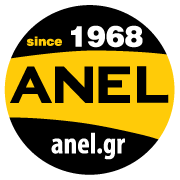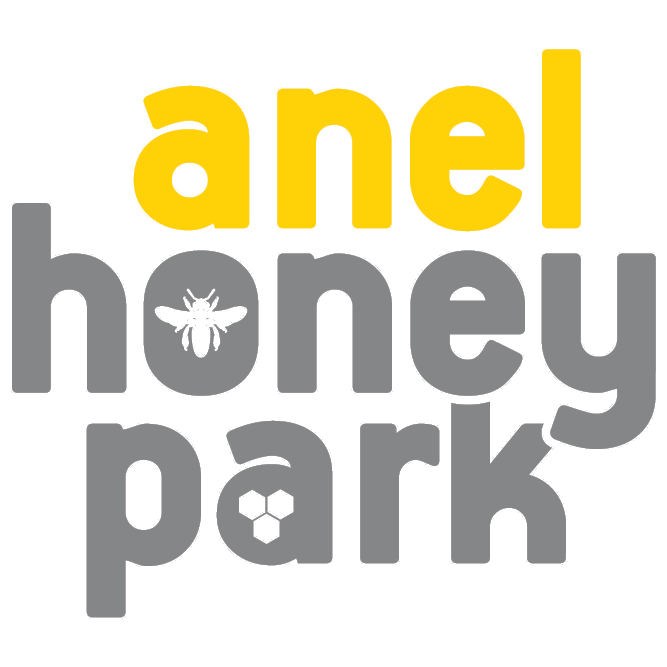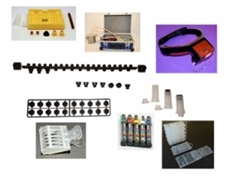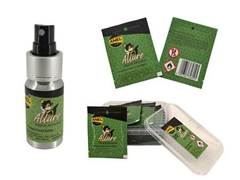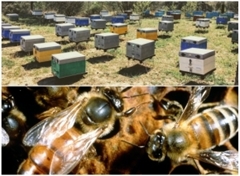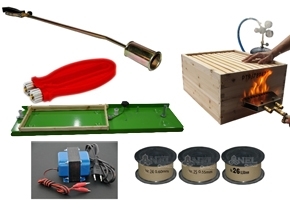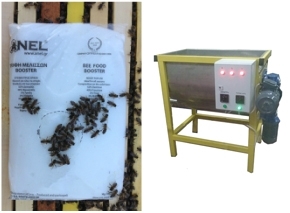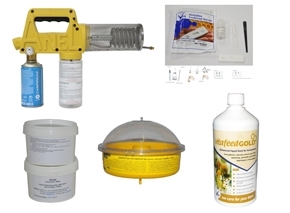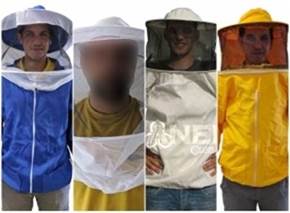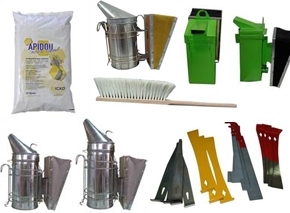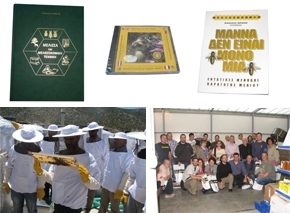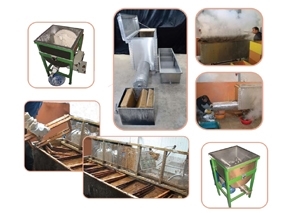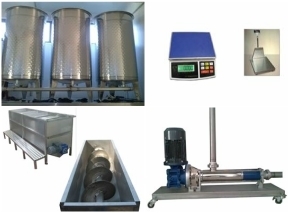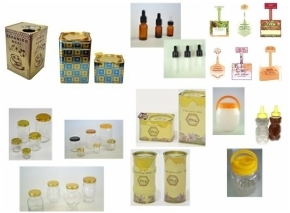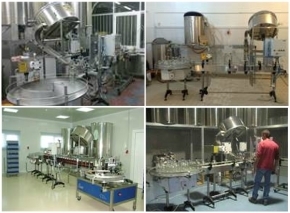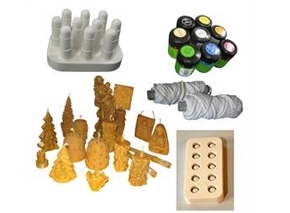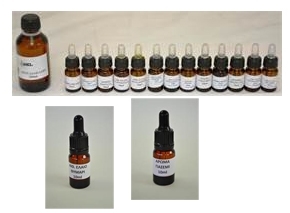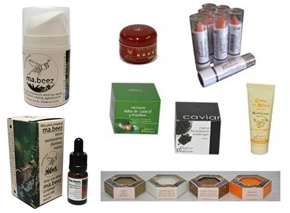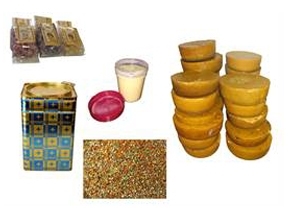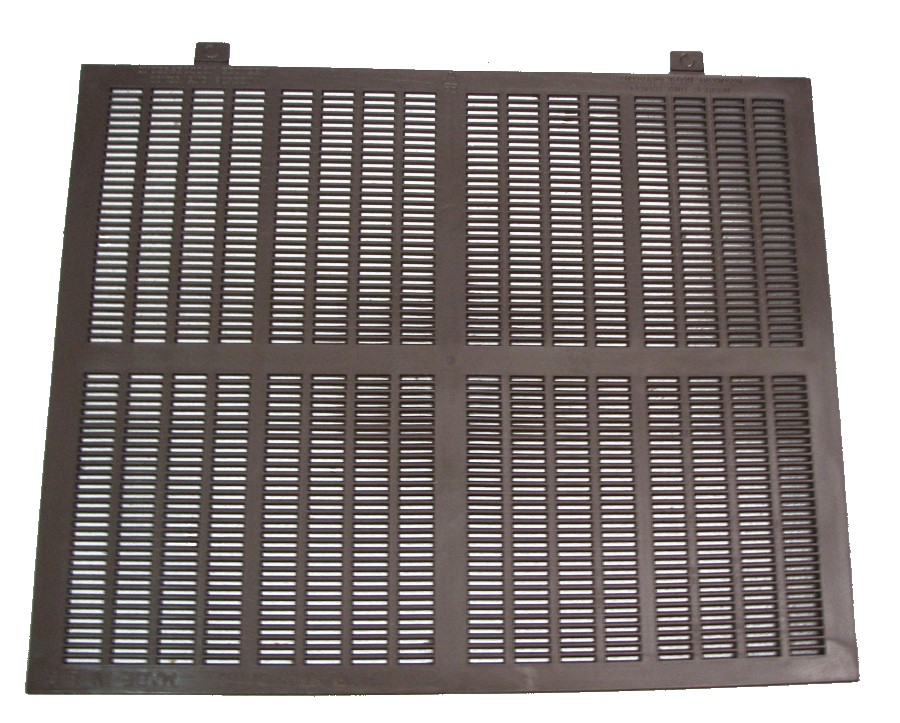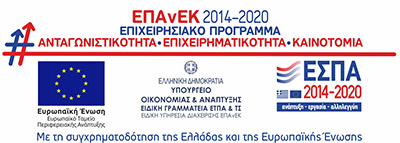An important research was published recently on the Chemistry and Biodiversity scientific Journal, concerning propolis. The research focuses on the quality and properties of propolis from the island of Samothraki, Greece and it was conducted for a two-year period (2016 – 2018). The researchers of the Aegean University and the Aristotelean University of Thessaloniki gathered and analyzed 120 samples from this valuable beekeeping product, from 7 different regions of the island, during 4 different collection periods.
Samothraki, despite its limited size which does not exceed 1/1000 of Greek territory, hosts more than 1400 plant species (almost 25% of all species of the entire country)! Many of these plants are “beekeeping plants” and the honeybees can produce large quantities of propolis from them.
The analysis of the results revealed many interesting facts about the propolis of Samothraki. Its qualitative characteristics (such as the antioxidant activity, the total polyphenolic content and the total flavonoid content) presented immense variation, similar to the flora biodiversity of the island. Some of the samples had a characteristic red color. Red propolis is a variation that is mainly produced by honeybees in Brazil, Argentina, Cuba, China and Nigeria. Until today, it hasn’t been reported to exist in any part of Europe. It is the most expensive propolis due to its high antioxidant activity and its high polyphenolic content. Red propolis of Samothraki showed similar high values in both antioxidant activity and polyphenolic content (the highest ever recorded in Europe), a fact that ranks it among the most precious propolis varieties in the world.
All experiments were conducted with the use of propolis collection screens manufactured by the beekeeping equipment manufacturer “ANEL”, due to the large quantity and purity of propolis that they are able to collect, their ease of use as a collector type, but mainly because no migration of screen material was detected in the propolis during initial analysis that was conducted– a fact that ensured the maximum quality of propolis that was gathered and analyzed.
• The scientific research was published at the Chemistry and Biodiversity journal (Chem. Biodiversity 2019, 16, e1900146) with the title "Photometric Analysis of Propolis from the Island of Samothraki, Greece. The Discovery of Red Propolis". Researchers who participated: Alexandros Papachristoforou, Eugenia Koutouvela, Giorgos Menekses, Konstantinos Gardikis and Ioannis Mourtzinos.
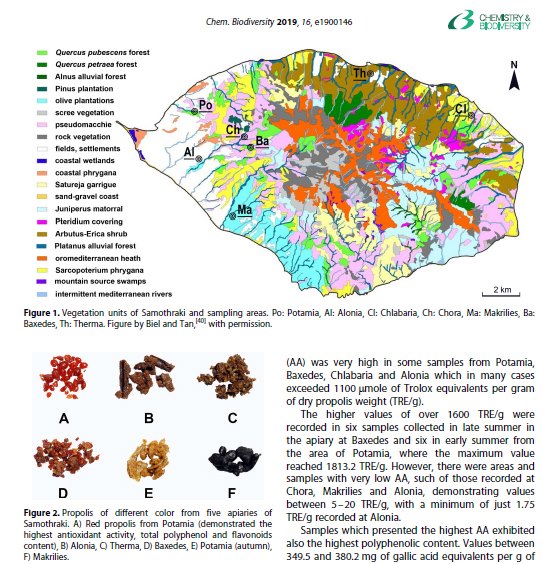
Buy ANEL propolis collection screens here:
